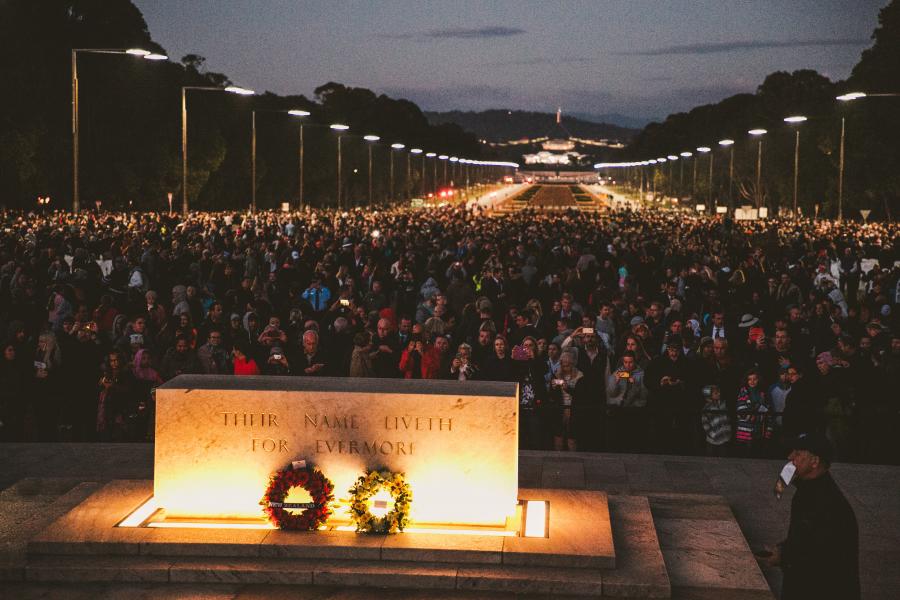Celebrating ANZAC Day with Your Family: A Guide for Parents
Hey there, amazing parents! ANZAC Day is a significant day in the history of Australia and New Zealand. It’s a day to remember the brave soldiers who served and sacrificed for their countries during all wars. But hey, it’s also an opportunity for us to teach our children about the values of courage, sacrifice, and mateship in an engaging and respectful way. So, are you ready to create memorable and meaningful ANZAC Day traditions with your family? Let’s jump right in!
Understanding the History of ANZAC Day
Before we dive into the celebrations, let’s take a quick look at the history behind ANZAC Day. ANZAC stands for Australian and New Zealand Army Corps, and the day marks the anniversary of the first major military action fought by Australian and New Zealand forces during the First World War at Gallipoli, Turkey, on April 25, 1915. Teaching our kids about this significant event can help them appreciate the essence of the day.
Attending a Dawn Service
One of the most beautiful and solemn ways to commemorate ANZAC Day is by attending a local dawn service. These ceremonies often feature the laying of wreaths, reading of official remembrances, and a moment of silence. It’s a peaceful time for reflection, and even for the littlest ones, there’s something quite special about getting up early and being part of a respectful community gathering.
Creating ANZAC Day Crafts
Kids love crafts, and ANZAC Day provides a wonderful theme to get creative. From making red poppy flowers—the symbol of remembrance—to crafting your own DIY medals and service hats, the possibilities are endless. These crafts can help facilitate conversations about the significance of ANZAC Day while also stimulating your child’s creativity.
Baking ANZAC Biscuits
Yum, who doesn’t love a sweet treat with a side of history? ANZAC biscuits have long been associated with the Australian and New Zealand Army Corps. These delicious biscuits were originally sent by wives to soldiers abroad because they kept well during naval transportation. Baking these biscuits with your children is not only a delicious activity but also an authentic way to connect them with history. Plus, it’s an awesome chance to sharpen those measuring, pouring, and mixing skills!
As you can see, there are a number of ways to include your children in the celebration and remembrance of ANZAC Day. The day isn’t just about the past; it’s about acknowledging our history and the values we hold dear. Stay tuned for even more tips on how to make ANZAC Day a memorable experience for your family. Together, let’s make this ANZAC Day an educational and reflective day filled with gratitude and family bonding.
Remember, the key to a meaningful ANZAC Day is to ensure that the spirit and significance behind the remembrance are communicated to our kids. Embracing the essence of the day through solemn reflection, as well as through more light-hearted traditions like crafts and baking, will create a balanced and enriching experience for everyone in the family!

5 Essential Tips for Parents Preparing to Celebrate ANZAC Day with Children
Tip 1: Engage in Conversations About ANZAC Day
When preparing for ANZAC Day, it’s crucial to engage with your children about its significance. Encourage questions and share stories about the courage and sacrifice of those who have served. Tailor the conversation to their age level to make it understandable and relatable. This will help instill a sense of respect and reverence for the day’s importance.
Tip 2: Plan Your Day Thoughtfully
Attending a dawn service or parade might require an early start, so plan ahead! Discuss with your family where you’ll be going, what happens at the events, and why you’re attending. Check the weather forecast and dress appropriately – especially since mornings can be chilly. Don’t forget to pack snacks and water if you plan to attend longer commemorations or parades.
Tip 3: Participate Actively in Remembrance Activities
Consider laying a wreath or flowers at your local war memorial or participating in a moment of silence at home. Your active participation demonstrates the active role we all have in remembering our history. This tangible action will be a poignant lesson for your children, showing that remembrance is something we all take part in, not just something we observe.
Tip 4: Incorporate ANZAC Themes Into Family Activities
Whether it’s reading books together about ANZAC Day, watching a relevant documentary, or visiting a local museum with ANZAC exhibits, incorporating these themes can deepen your family’s understanding of the day. These shared experiences can spark meaningful discussions and provide context to the ANZAC commemorations.
Tip 5: Show Your Support
Purchasing poppies or making a donation to organizations that support veterans and their families can be a simple way to show your support. Explain to your children why supporting these organizations is important, and how it helps the individuals and families who have sacrificed for their country. It’s a small gesture that can make a big difference and set an example of giving back.
Through mindful preparation and participation in ANZAC Day, we can pass on its deep significance to our children. It’s a day to not only remember and honor the past but also to inspire future generations with the ANZAC spirit of resilience, mateship, and compassion. Let’s make this ANZAC Day a meaningful day of remembrance, unity, and education for our kids.
Enjoy your ANZAC Day commemoration with your family, and may you find it a profound experience that brings you all closer together. Lest we forget.
See more great Things to Do with Kids in New Zealand here. For more information see here
Disclaimer
The articles available via our website provide general information only and we strongly urge readers to exercise caution and conduct their own thorough research and fact-checking. The information presented should not be taken as absolute truth, and, to the maximum extent permitted by law, we will not be held liable for any inaccuracies or errors in the content. It is essential for individuals to independently verify and validate the information before making any decisions or taking any actions based on the articles.




